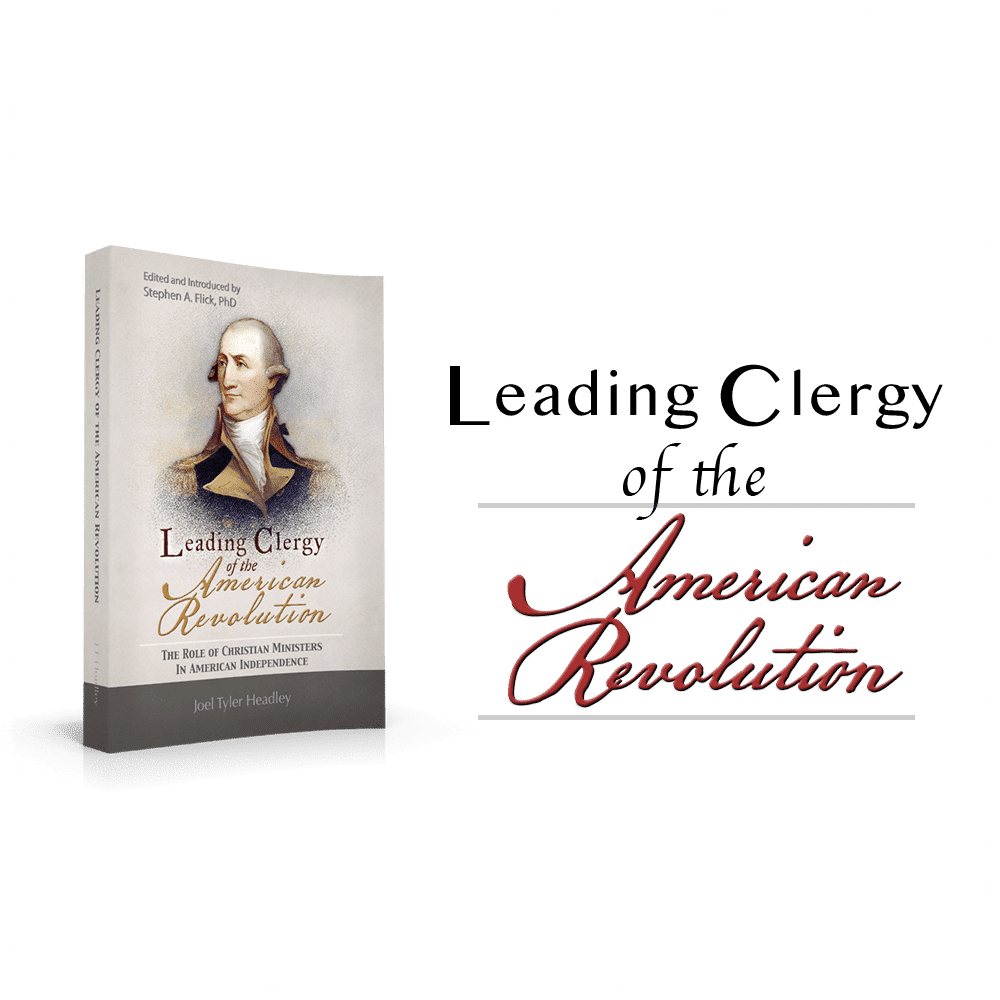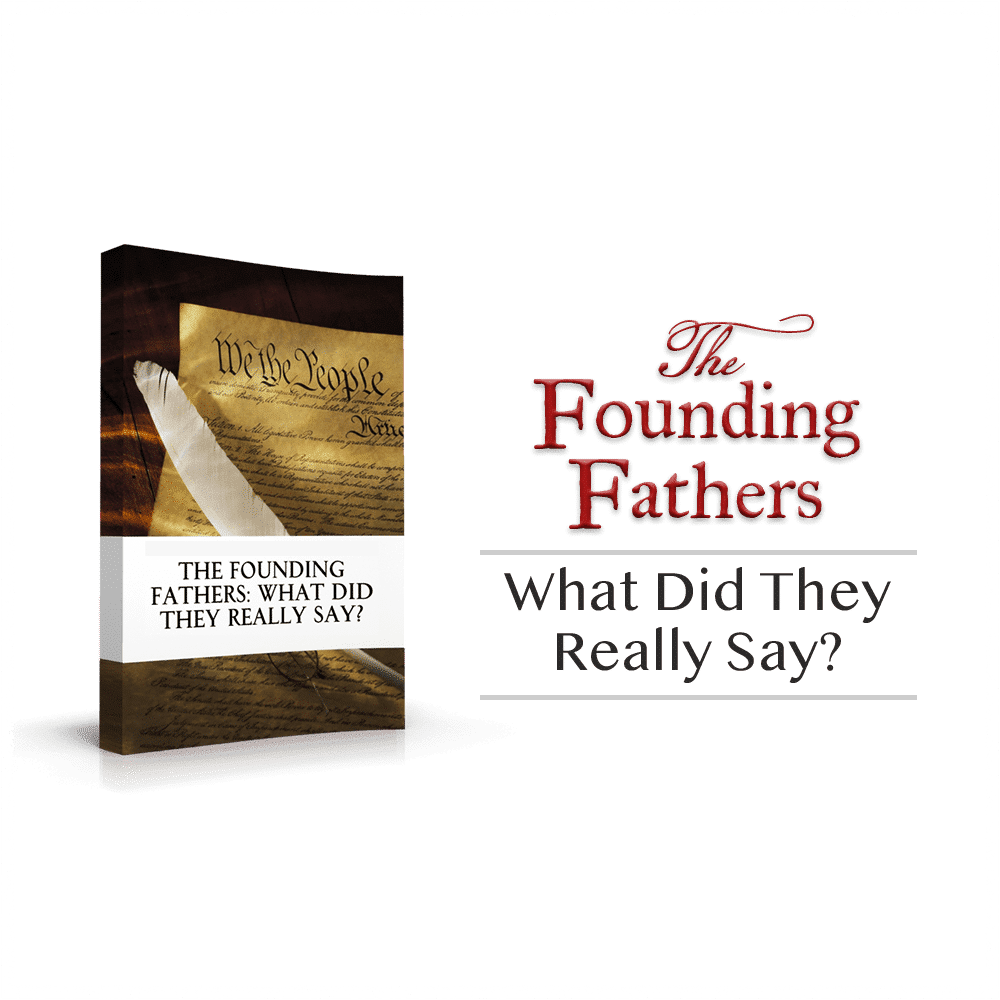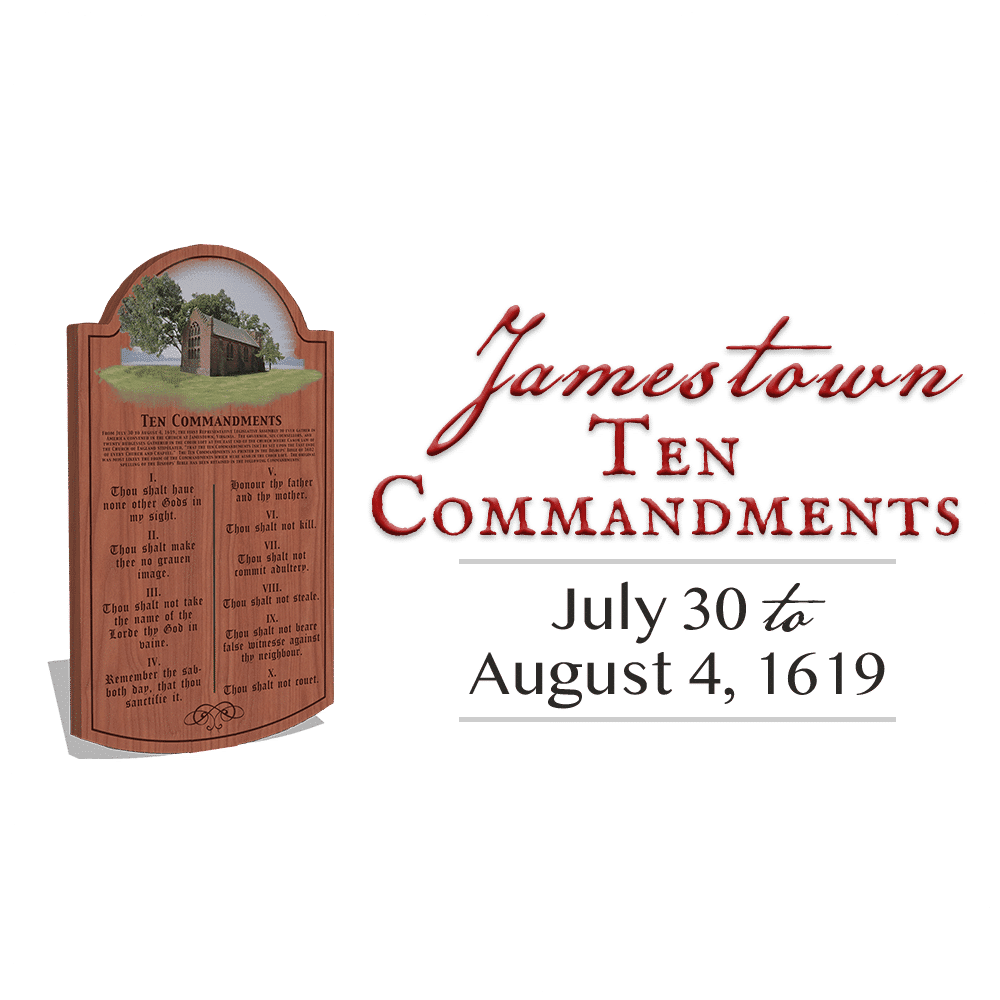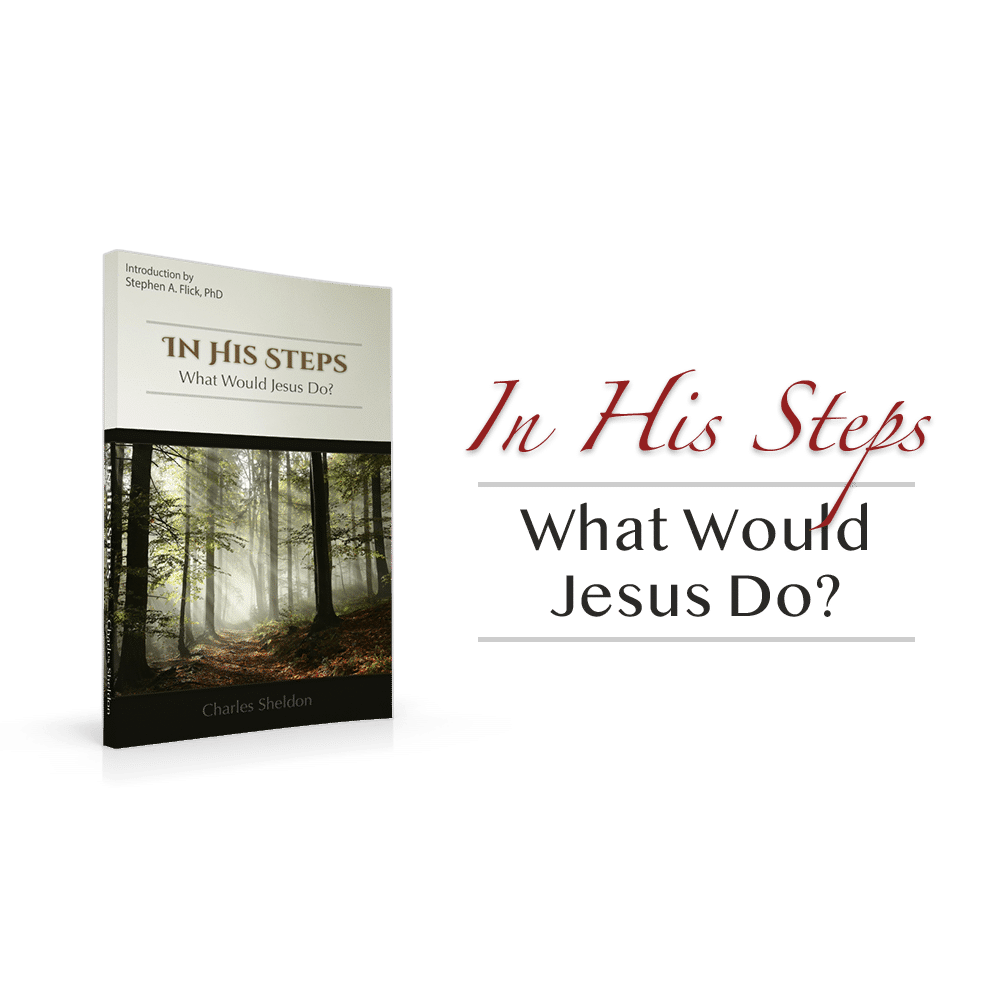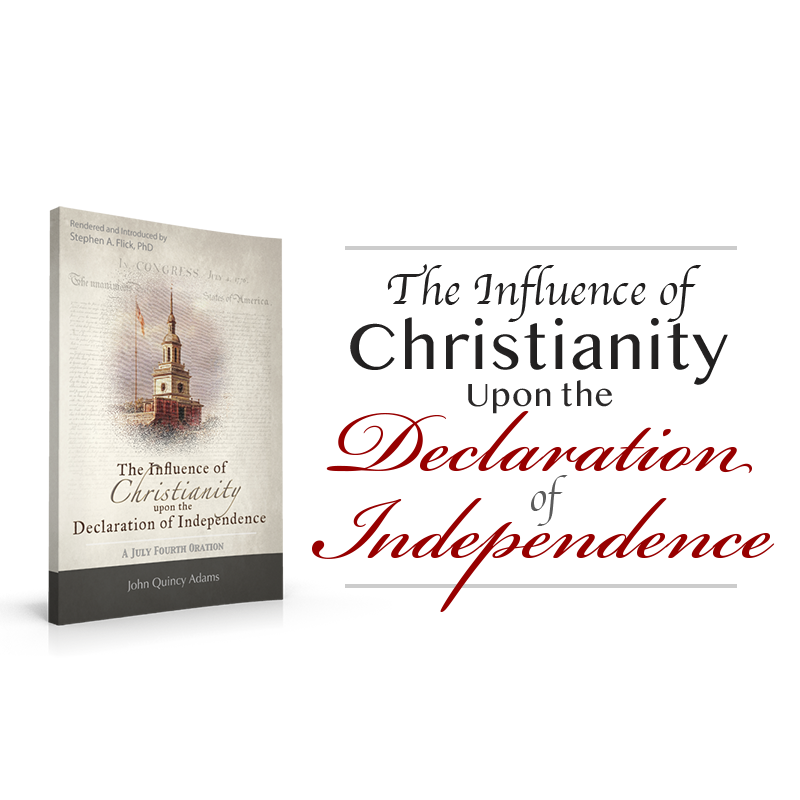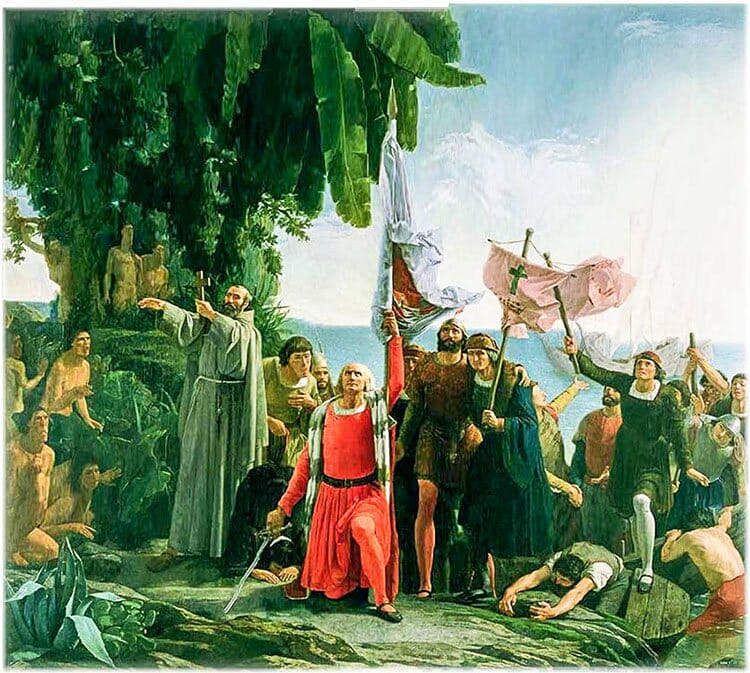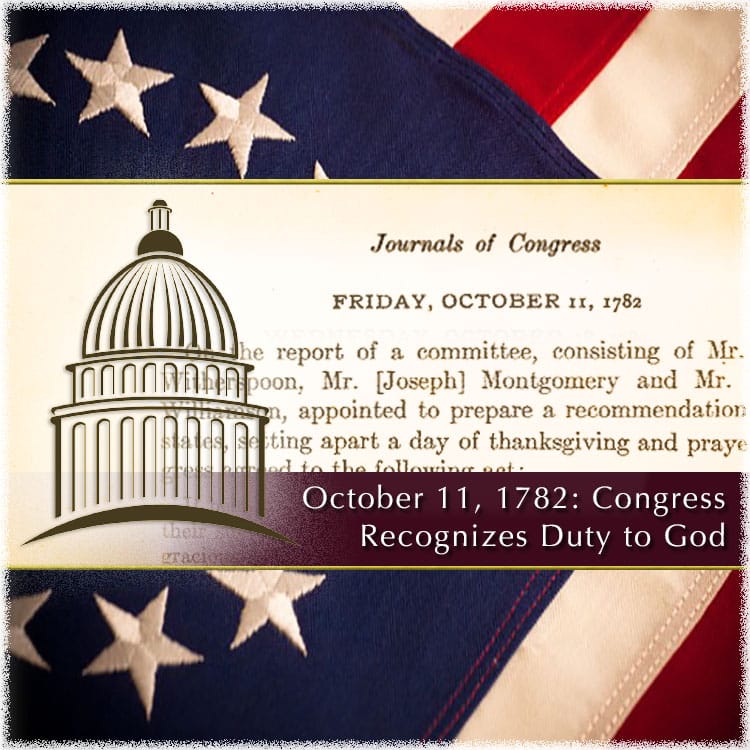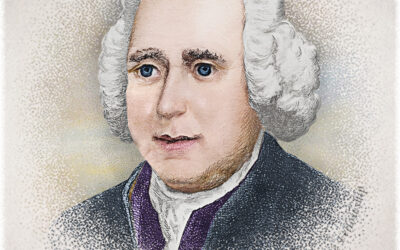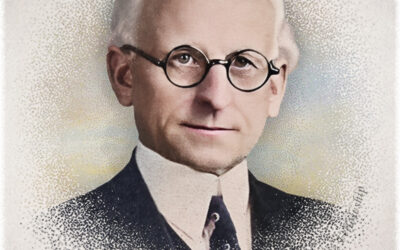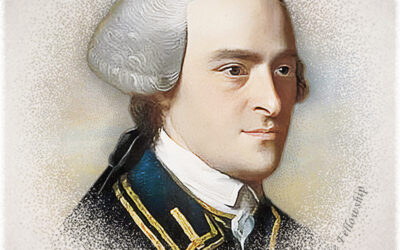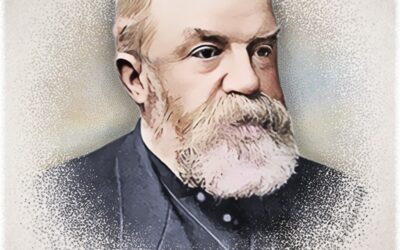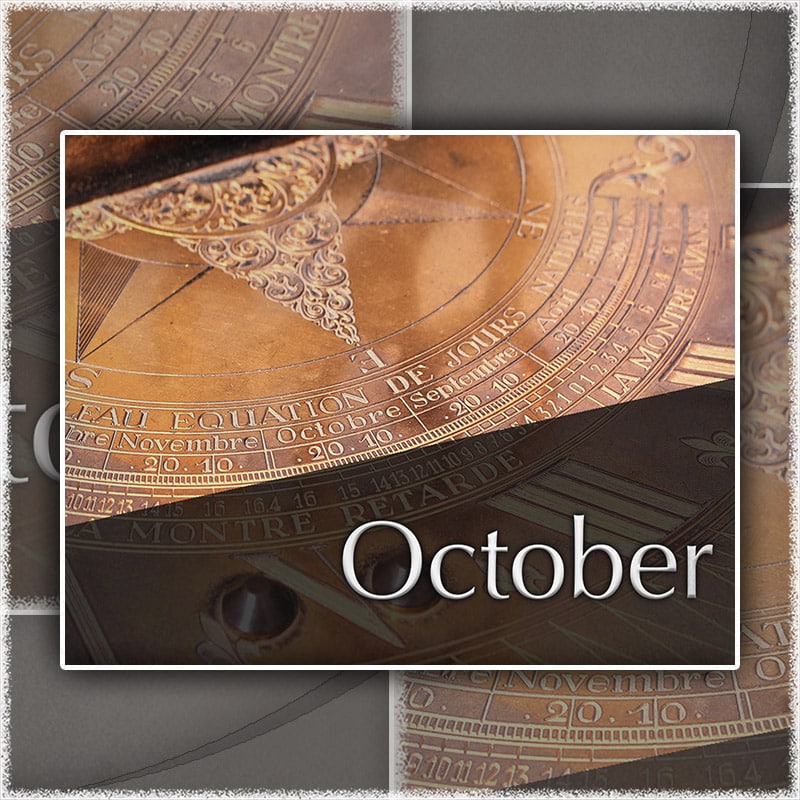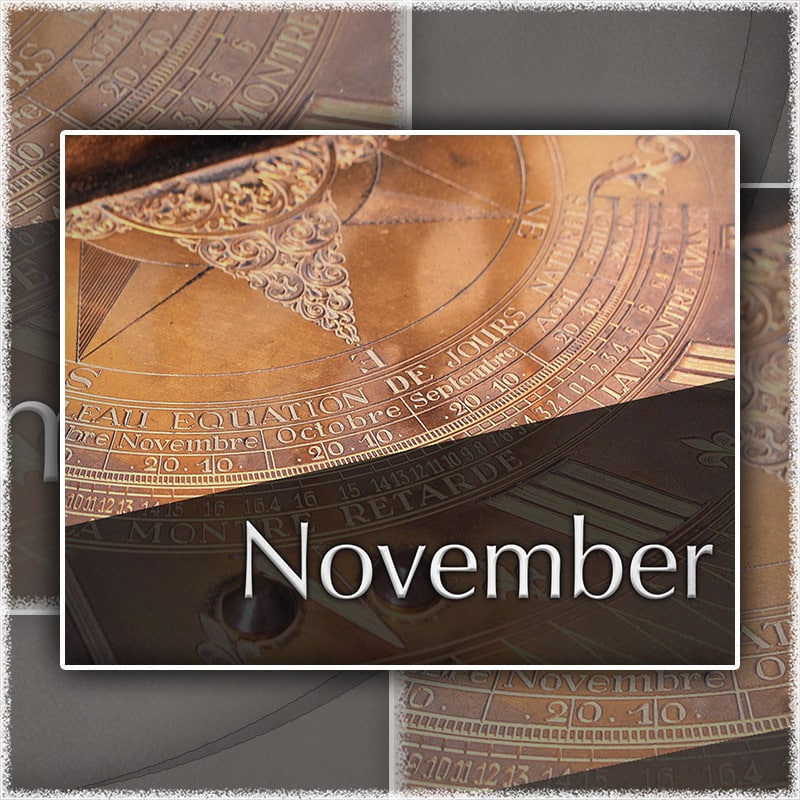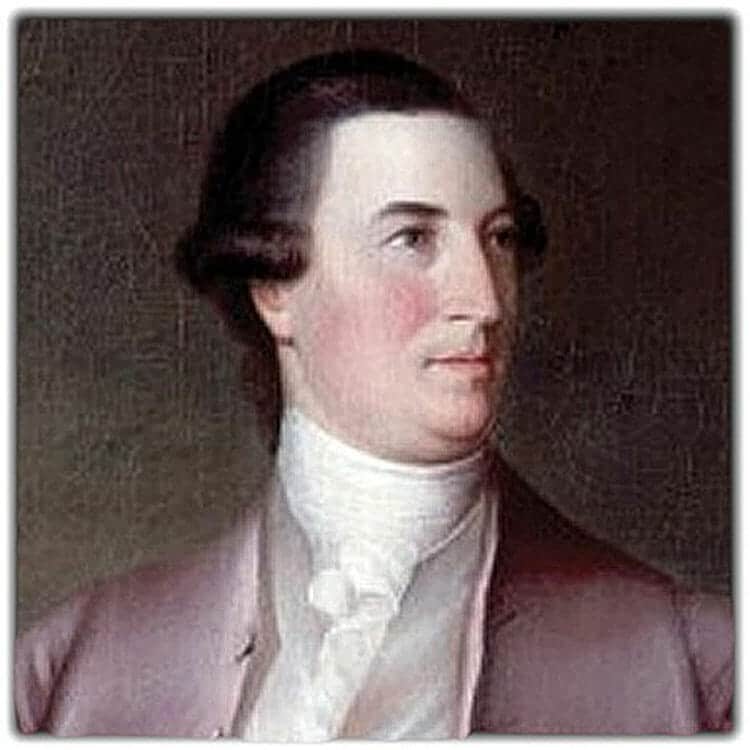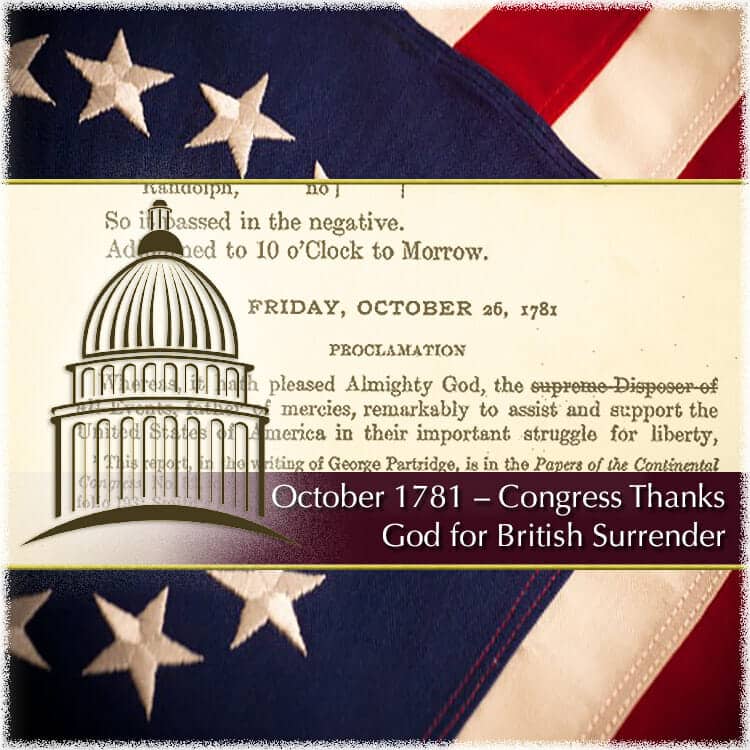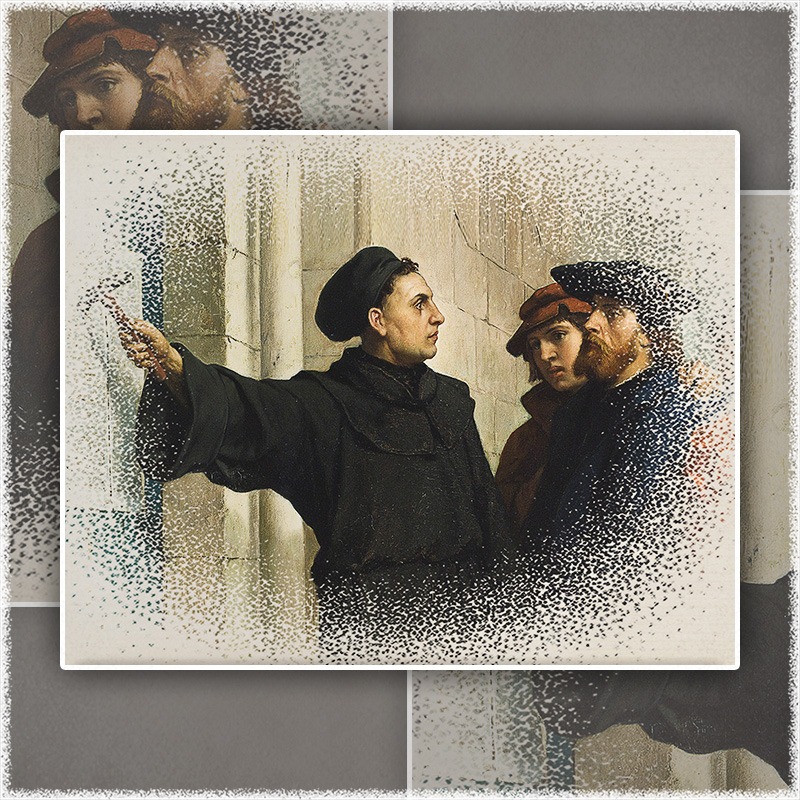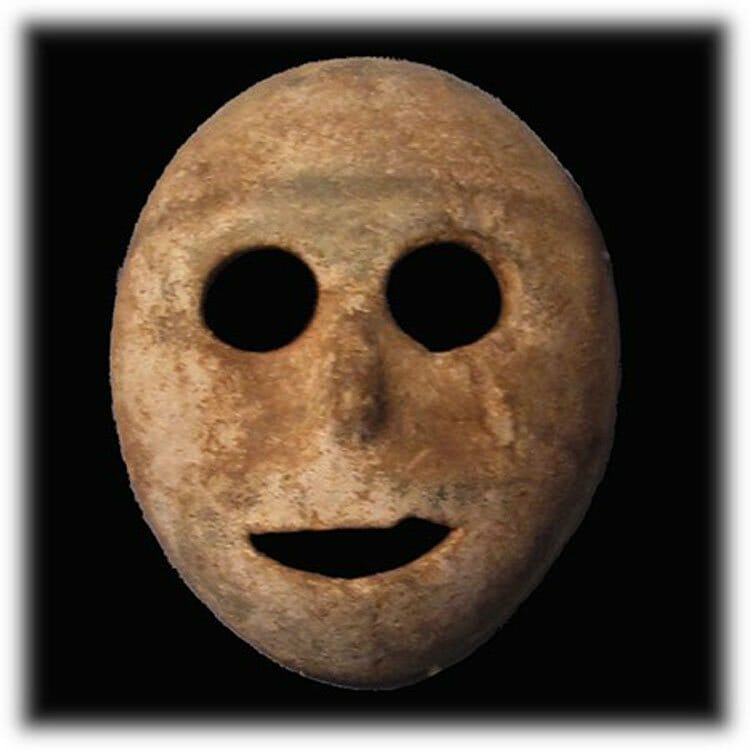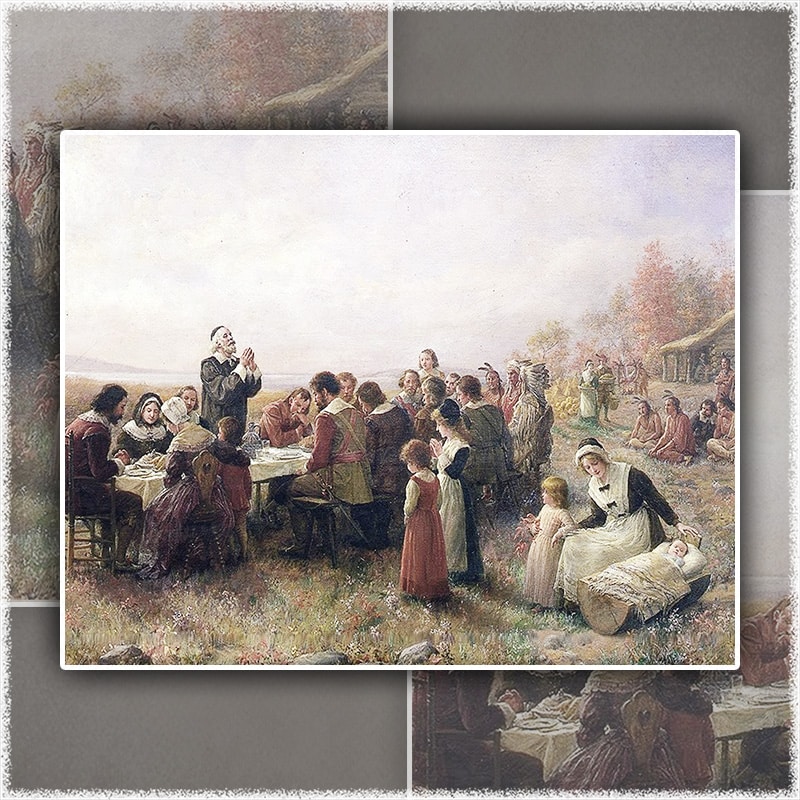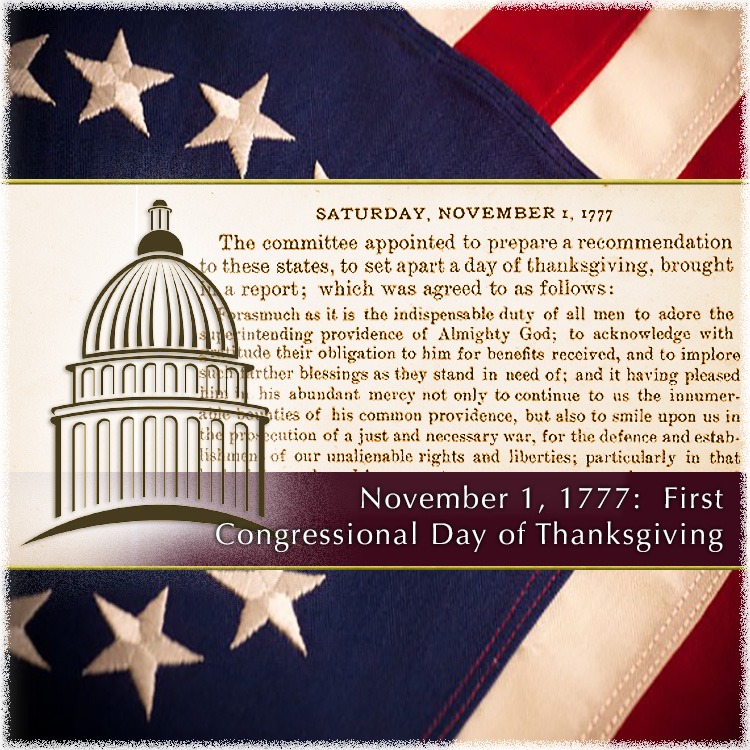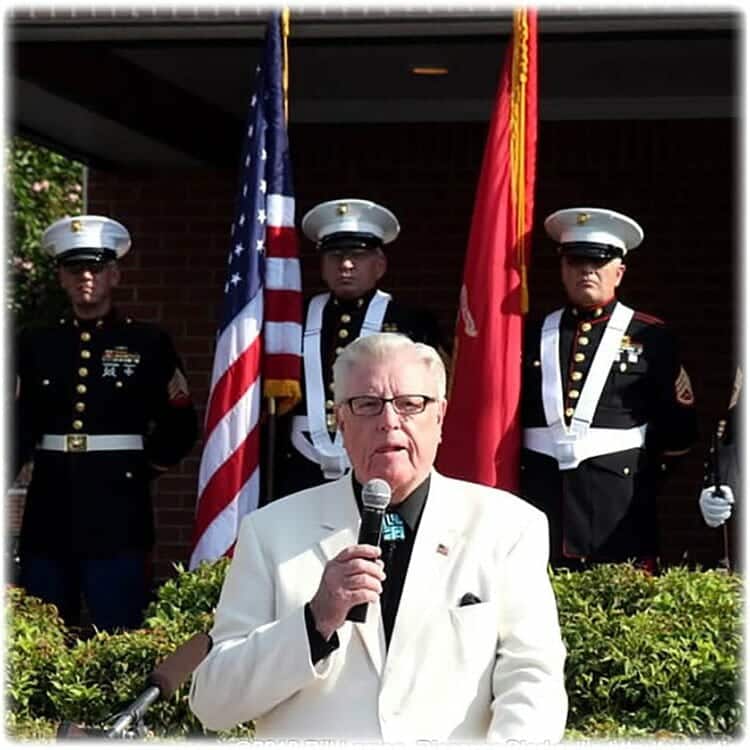Welcome
Thank you for visiting Christian Heritage Fellowship! Our organization exists to advocate the Christian worldview of America’s founding fathers and historic Christianity. Resisting the historical revisionism that seeks to deny Christianity's rightful legacy in national and world affairs, Christian Heritage Fellowship seeks to articulate the true heritage of the Christian Church in America and around the world.
While issues of greatest importance may be accessed through the menu at the top of each page, users may access our articles through various finding aids located on this page and each article. Our articles are designed to elevate Christians’ appreciation for their faith, deepen their love for the Lord Jesus Christ, and provide them with rational, historical, and biblical answers in the midst an unbelieving world.
Our Articles
Columbus Day
Christian explorer Christopher Columbus’ arrival in the Americas on October 12, 1492, is annually remembered on the second Monday of October. After...
October 11, 1782: Fourteenth Congressional Fasting Proclamation
In 1776, America's Continental Congress began to issue two spiritual proclamations a year until near the end of the War of Independence. Since November 1777 when Henry Laurens was...
Carter Braxton
Carter Braxton (September 10, 1736 – October 10, 1797) was a signer of the United States Declaration of Independence, a planter, and a representative...
George Bennard and The Old Rugged Cross
George Bennard passes away "] Toward the end of the twentieth century, song leaders, when soliciting requests for favorite songs from the congregation, would often receive at least one request for “The Old Rugged...
John Hancock
John Hancock (January 23, 1737 – October 8, 1793) was a merchant, statesman, and prominent Patriot of the American Revolution and was the son and...
D. L. Moody’s Lost Opportunity
God’s gifts of mercy are packaged in the “todays” of our lives. On Sunday night, October 8, 1871, the well-known evangelist, D. L. Moody, preached to the largest congregation that he had yet addressed in...


